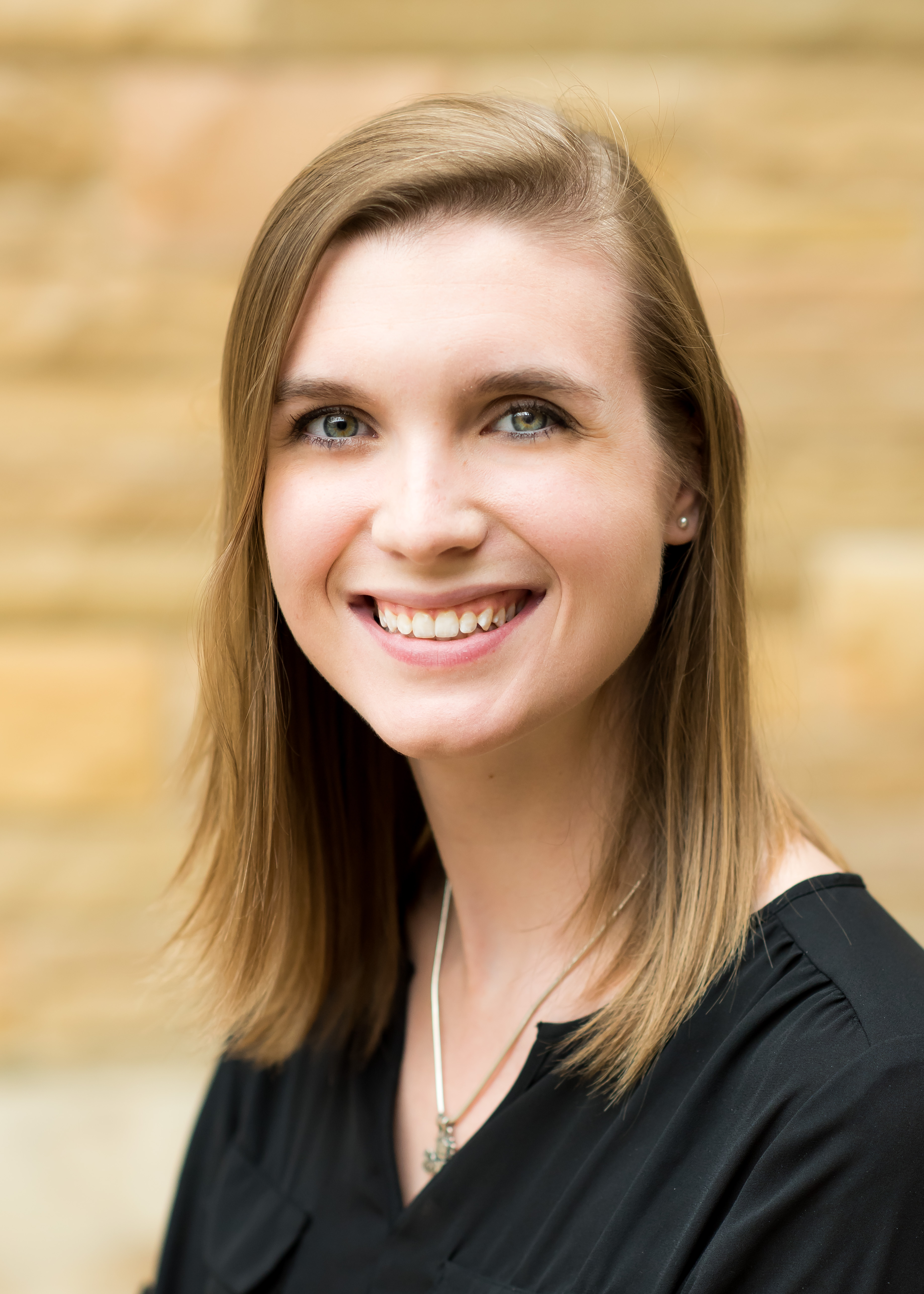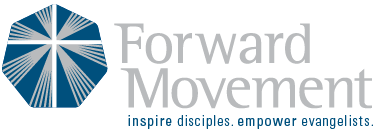Eighth Sunday after Pentecost
Adult and Small Child
Read: Psalm 107:1-9, 43
Reflect: “Remember to say ‘thank you’” is a phrase that many adults find themselves saying quite often. It is important for us to teach our children to say “thank you” to the people they encounter on a regular basis. It is just as, if not more important for us to teach them to thank God. This Psalm reminds us of the importance of giving thanks to God. We give thanks to God because God provides and is good. It is easy for us to become distracted with our everyday life and forget the importance of giving thanks to God. Psalm 107 reminds us of the people who strayed away from God, but God still provided for their needs. It also reminds us that God is the one who provides for our thirst, our hunger and all of our needs, both physical and spiritual. The Psalm ends with, “whoever is wise will ponder these things, and consider well the mercies of the Lord.” If we want to be wise, then we will take time in our daily lives to reflect on all that God has provided for us and we will teach our children to give thanks to God as well.
Respond: Play a game to thank God for all that God has given you. Go through the alphabet with your child and for each letter, come up with something for which you can thank God, e.g. Thank you God for apples, babies, the cross, etc.
- Meredith Ehler
Adult and Elementary
Read: Luke 12:13-21
Reflect: Do you have a favorite item? Is there something that feels like a treasure to you? Something that you have you love and that brings you joy? What is it? Has anyone ever taken or used your favorite thing without asking?
Almost everyone has had the experience of having a favorite toy when young. Most have experienced when someone started to play with it without asking. It feels unfair. We want a teacher or a parent or anyone to come in and point out how wrong it is. And usually the response is that we should learn to share. Maybe when this happens we think it would be better to never have to share again. How great would it be if you could keep all of your favorite things in a room where only you could use them! When you are not there you could lock the room and no one else could get to them. All of your treasures safe.
Jesus talks about the things we treasure. Jesus and God do not think there is anything wrong with having favorite things: pretty things, expensive things, or any other thing we like. But Jesus and God do worry about when we want to keep our treasures all to ourselves. Jesus reminds us in the reading from Luke that treasure is not a thing (like a favorite toy), but it is the love we have for the thing and the joy the thing brings us. The best treasures are more valuable when we share the love we have and the joy they bring with others.
Respond: Share one of your treasures with someone. Tell why you love it and why it brings you joy. Ask what do they love and what brings them joy. Offer to share your treasure with them and suggest that they share their treasure with you, if they want.
- Patrick Kangrga
What blessings can you share with others this week?
Adult and Youth
Read: Luke 12:13-21
Reflect: “Sharing is caring!” How many times have we heard that? As we grow up, this is one of the ways that we learn about what Jesus is saying. When we have a lot, we are called to share with others. If we are too busy trying to get as many material things as possible and forget others and God, what do we have left after we are gone? Jesus is reminding us to put our spiritual wealth above our material wealth. The grain and the goods of the man would not feed his soul, but they could feed someone else. The man had more than he needed. This story reminds us to look at how we are using what we have to serve God and how we are feeding our souls.
It is so easy to be distracted by the newest technology or a million other cool things that we see our friends have that we don’t. It’s also easy to be distracted by what we have, especially when we have worked hard for it. Jesus isn’t telling us that we are bad people for working hard. Jesus is reminding us that we should be working hard towards other things as well, if not harder. If we aren’t working as hard to build up our relationship with God, love others, and take care of God’s creation, what does it matter if we have everything? Our relationships with God, others, and Earth matter more than whatever stuff we have.
Respond: As you are shopping for school supplies, check with your local schools or organizations to see if there are items that they need for the year. If you have leftover supplies from last year, how can you reuse it this year?
- Maggie Paul
Adult and Adults
Read: Luke 12:13-21
Reflect: Of what does a life consist? In this week’s Gospel, Jesus clearly states that a life isn’t made up of all the stuff that we accumulate over the years. It’s not about the money for which we work countless hours every week in order to live comfortably. It’s not in the possessions that we buy with that money to entertain and delight us. It’s not about the things that we have that serve as markers or reminders of our status or wealth.
Instead, Jesus encourages his listeners to be “rich towards God.” How are we supposed to do that? Clearly it isn’t about “stuff,” but something more intangible. Perhaps a look at the life of Jesus can show us how to be rich towards God. An intentional and deep prayer life. A genuine care and concern for the poor, the oppressed, the marginalized, and the outcast. A focus on the love of God and love of neighbor. And embodying all of those, in concrete actions, not words or thoughts only.
Being rich towards God does not mean that we can’t have possessions, but it does mean that our lives will not be focused on them. Instead of an inward focus, where our lives are all about ourselves and what we can do to make ourselves happy, our lives will have an outward focus, one in which we will look beyond ourselves to see where or to whom God might be calling us to go.
Respond: Every day this week, find a way to tangibly share the love of God with someone in your life. This can be a simple as a text/call to a friend or something more involved like volunteering at a local non-profit.
- Clayton Harrington
Download a printable copy of this week's reflections HERE.
Tags: Lectionary Based Readings & Reflections / Latest Posts





